Israel, diaspora, Gaza: Swiss film festival exposes the fault lines of Jewish identity
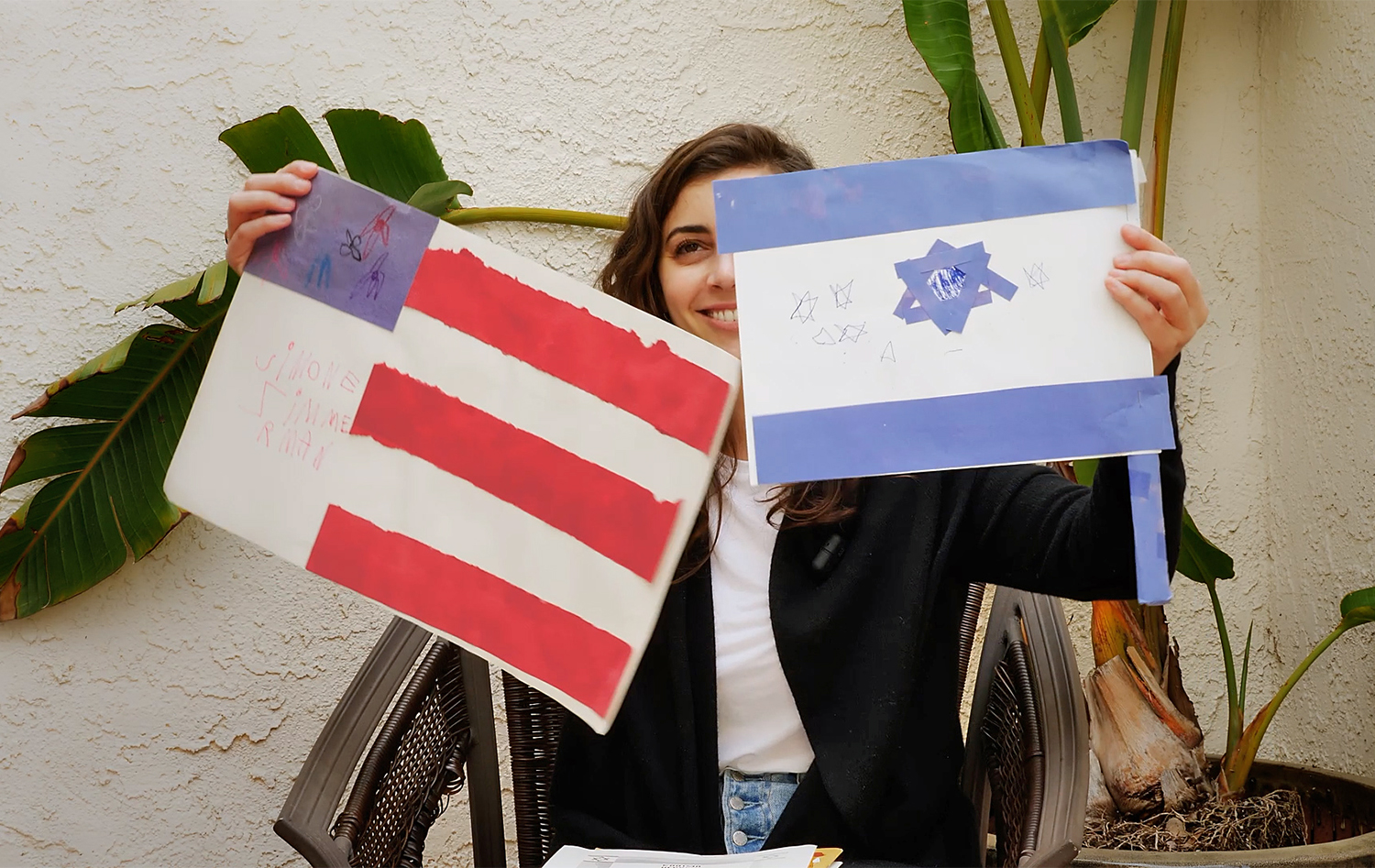
Michel Rappaport, director of the Yesh! Jewish Film Festival in Zurich, talks to SWI swissinfo.ch about the challenges of putting together this year’s festival programme and the soul-searching within the Jewish diaspora in the aftermath of the October 7 terrorist attacks.
There are dozens of Jewish film festivals all over the world, from Hong Kong to Canada. In the United States, alone, there are at least 20 festivals. They range from small-scale community-based events to more professional ventures like Toronto, London and New York.
The multiplicity of Jewish film festivals reflects the diversity of Jewish identities and views, often in conflict: secular and religious, Zionist and anti-Zionist, traditionalists and reformists, Israel versus the diaspora, and many shades in-between.
“This multicultural aspect of Jewishness is really fascinating, but it also makes it much more complex,” says Michel Rappaport, director of the Yesh! Jewish Film Festival in ZurichExternal link.
The word ‘yesh’ in Hebrew has many meanings, but it basically relates to the existence or presence of something. In the case of the festival, this means 34 films screened in Switzerland’s largest city from November 7-14, as well as Q&A sessions with directors and a debate on the controversial documentary Israelism by Erin Axelman (USA). In sum, many opportunities to reflect on the eternal question of what it means to be Jewish.
For non-Jews, especially
Yesh! was born out of a cinéclub group of film aficionados from the Zurich Jewish community; this year it celebrates its tenth edition. For Rappaport, the most important thing – and the reason this architect devotes almost half of his time to the event – is to make the festival a platform for open discussions that bring people together, Jews and non-Jews, via the medium of film. “If the festival was only for Jews, I wouldn’t do it,” he says.
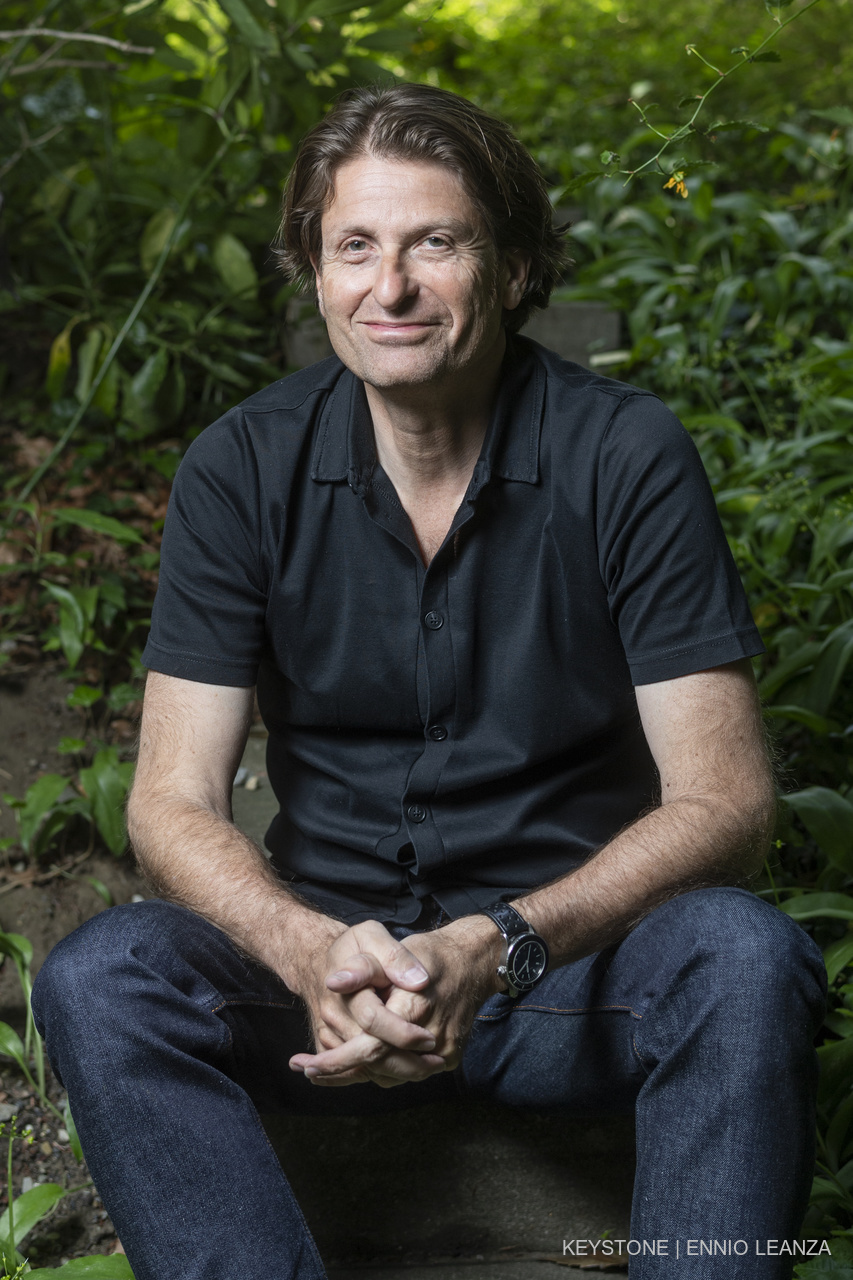
Over the past ten years, the festival has matured professionally and filled local theatres. Rappaport credits part of its success to having improved its profile, showing more “progressive” films that aren’t necessarily liked by everyone. “It doesn’t mean that it’s our opinion,” he says. “Some people think it’s provocative, but all we want to provoke is a sober discussion.”
This year’s programme offers a mix of documentaries and feature films from 14 countries, including the embattled No Other Land. Made by a Palestinian-Israeli collective, it was awarded best documentary at the last Berlin International Film FestivalExternal link (Berlinale) in February. But its directors – the Palestinian Basel Adra and the Israeli Yuval Abraham – received violent reactions, including death threats, after they gave an acceptance speech calling for peaceful coexistence. Some Israeli and German politicians said it was antisemitic. But that didn’t turn Rappaport off.
October 7 attacks
“It has become a kind of tradition to include Palestinian films in Yesh! because it’s an eminent topic for us Jews and for the whole world – and even more now, after what happened last year on October 7,” he says.
And so we reach the subject that cannot be avoided – the October 7 terrorist attacks by Hamas, the threat from Iran and its proxies, and Israel’s reaction, which has expanded from Gaza to Lebanon, Syria, and Iran, edging closer towards a regional war. Jews living outside Israel can’t help getting dragged into the debate over the conflict and it couldn’t be avoided when putting together the programme, said the festival director.
Rappaport recalls that Israeli films make up only half of the festival programme, and only one was made after October 7 – the documentary Supernova about the desert rave that Hamas raided. “A film takes three or more years to be made. All the others were being produced before October 7,” he says. “You could say they’re outdated, but they are still very contemporary. Perhaps they became even more relevant because of what’s happened.”
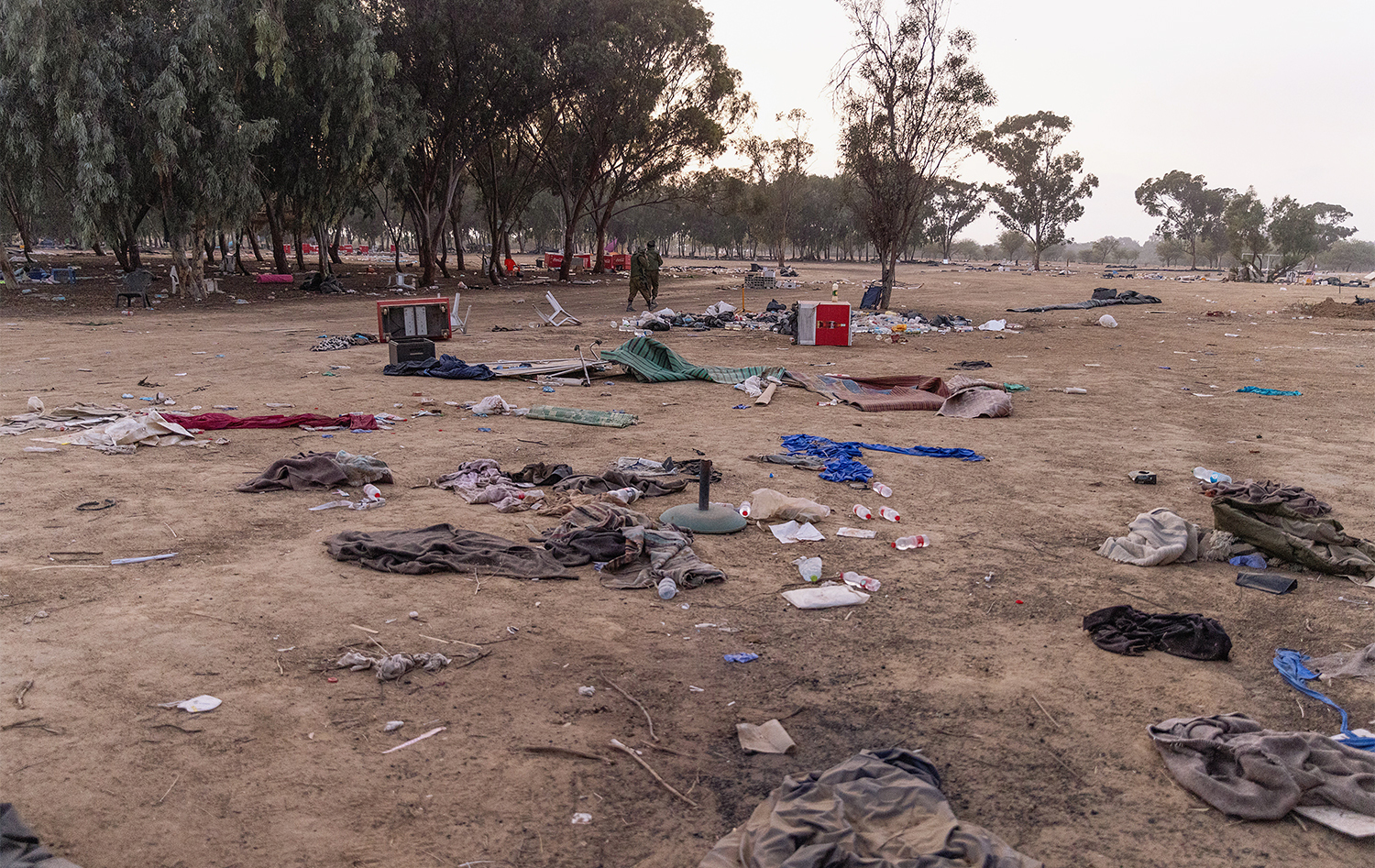
It was very unfortunate, to say the least, that many of the Hamas victims were people who identified with the so-called “peace camp” – an ever-decreasing political force in Israel. The Israeli film scene, too, is one of the few remaining areas where progressives are dominant. That, however, hasn’t guaranteed much sympathy abroad.
In September, 300 filmmakers External linkpublished an open letter demanding the boycott of two Israeli films in the Venice Film Festival’s line-up. One of them is Why War, directed by Amos Gitai, probably the most important Israeli filmmaker and a long-standing critic of Israel.
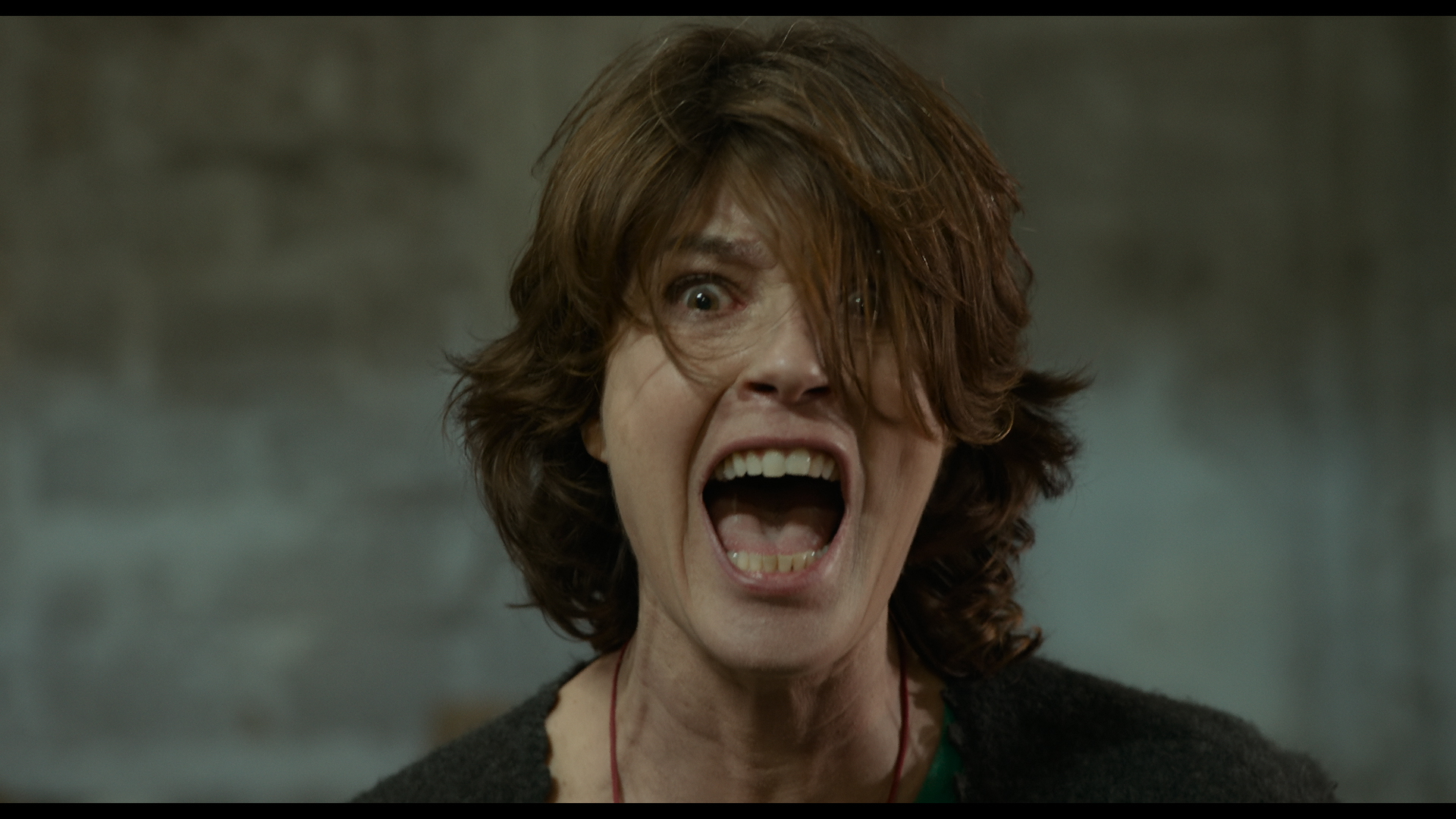
More
Berlinale 2024: a Swiss voice cries the despair of the Israeli left
The diaspora conundrum
Events in Israel and the Middle East have had a profound impact on him. Rappaport believes the Israeli extreme-right has hijacked Jewish identity with its explosive mixture of nationalism and religion. “It’s really a shame that we must take a distance from parts of Israel which we actually don’t want to. But at some point, we have to do that,” he says.
Rappaport concedes, however, that it is perhaps unfair to criticize Israeli society from outside the country. Empathy is needed for both sides.
“I don’t have to live with the threat, my children don’t have to join the army,” he says. “I don’t know how I would react.”
“But on the other hand, distance would also be appropriate. The diaspora can perhaps help to tell them: ‘Look, take a step back and observe what you are doing’. I think self-reflection and a vision of coexistence is essential. I don’t blame the Israelis alone at all, but so many things have gone wrong in the last 75 years.”
He confesses that he often feels dumbfounded: “For the last 30 years or so Israelis have been like blind. They enjoyed a perfect economy, the boom of the high-tech industry… but in front of their noses, the Occupation occupied Israel. I have always dreaded that someday something would happen, for it couldn’t go on like that forever. And it happened, unfortunately, one year ago.”
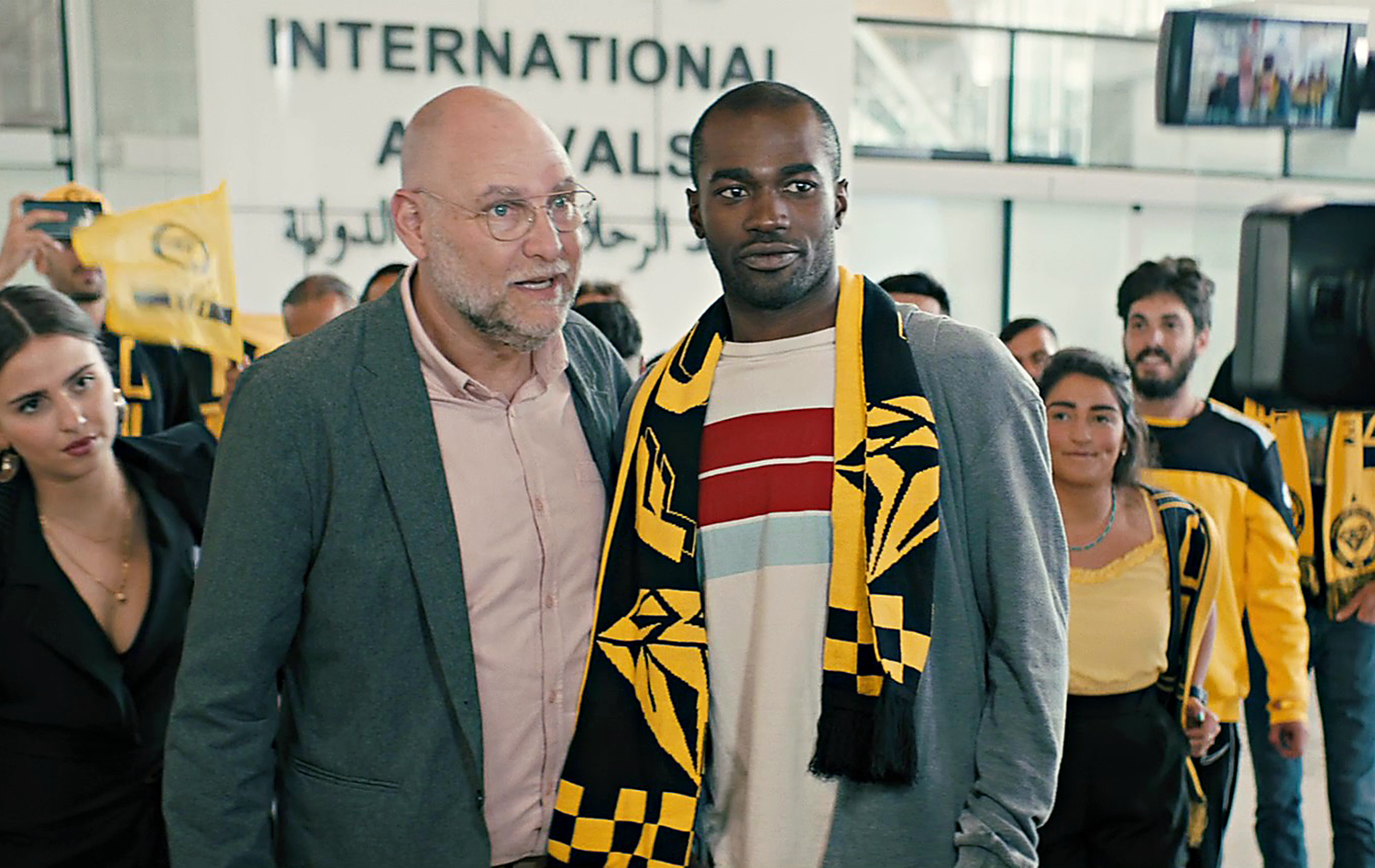
Come together?
Later this month Geneva will host the 13th Rencontres Cinématographiques Palestine, Filmer c’est Exister (November 27-December 1), a festival dedicated to Palestinian films. There has been another one in Zurich, to which Rappaport was also invited, but Yesh! and these events are separate.
Rappaport says that of course it would be nice if there could be a Jewish-Palestinian festival in Switzerland, but that is more than illusory at the moment.
“I wanted to show a Palestinian film at Yesh!, but the Arab producers told the distributors that they wouldn’t give us the film,” he explains.“Some Palestinians are also being pressured by people behind the scenes not to make contact with Jews in order to find cooperation or even peace. ”
Rappaport’s search for connections with the other side first requires an awareness of the plight of the Palestinians and the imagination to imagine how coexistence between the two communities can be made possible. “There are too many weapons and not a single positive vision for a future in peace,” he laments. When it comes to the vision, for now we have only the films.
Edited by Simon Bradley
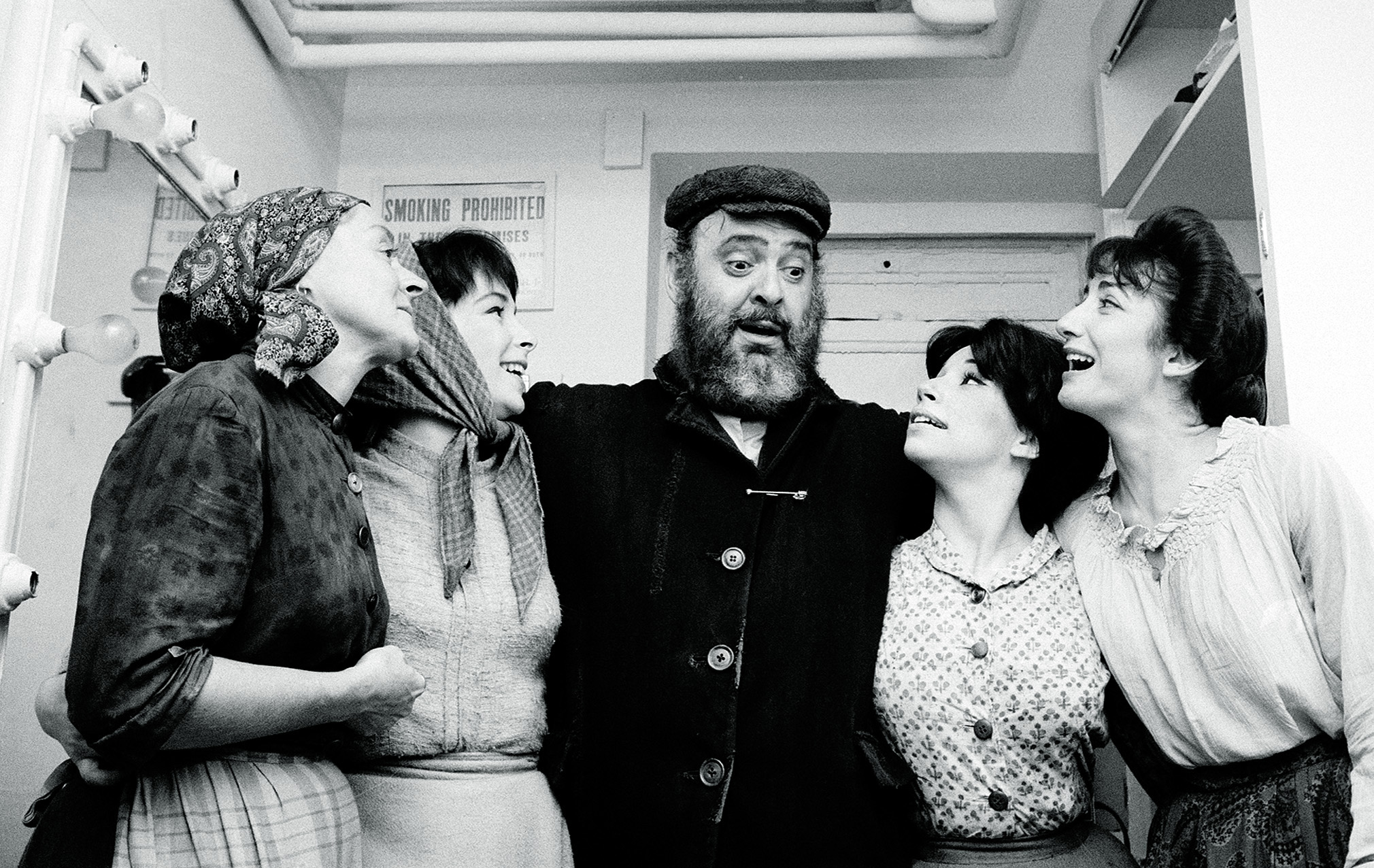
More
Yesh! Film Festival explores a multitude of Jewish identities, including Palestinians

In compliance with the JTI standards
More: SWI swissinfo.ch certified by the Journalism Trust Initiative
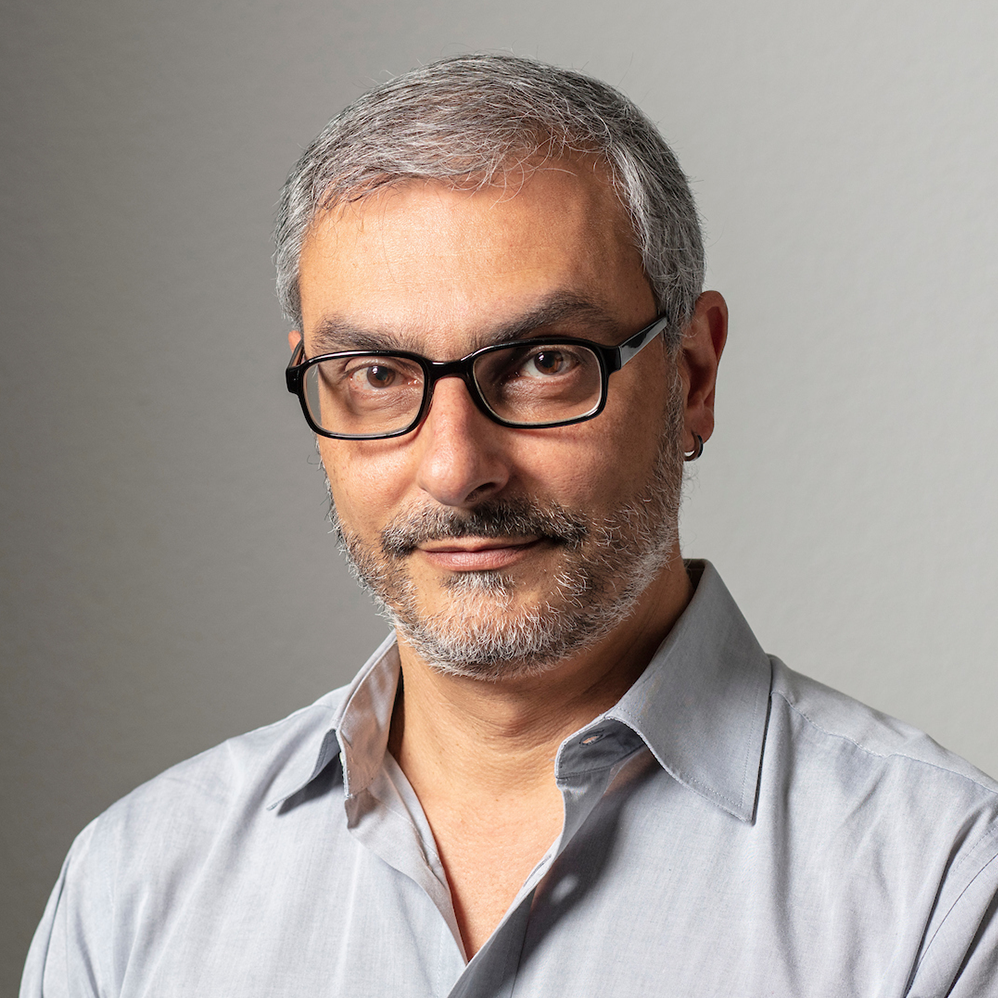










You can find an overview of ongoing debates with our journalists here . Please join us!
If you want to start a conversation about a topic raised in this article or want to report factual errors, email us at english@swissinfo.ch.